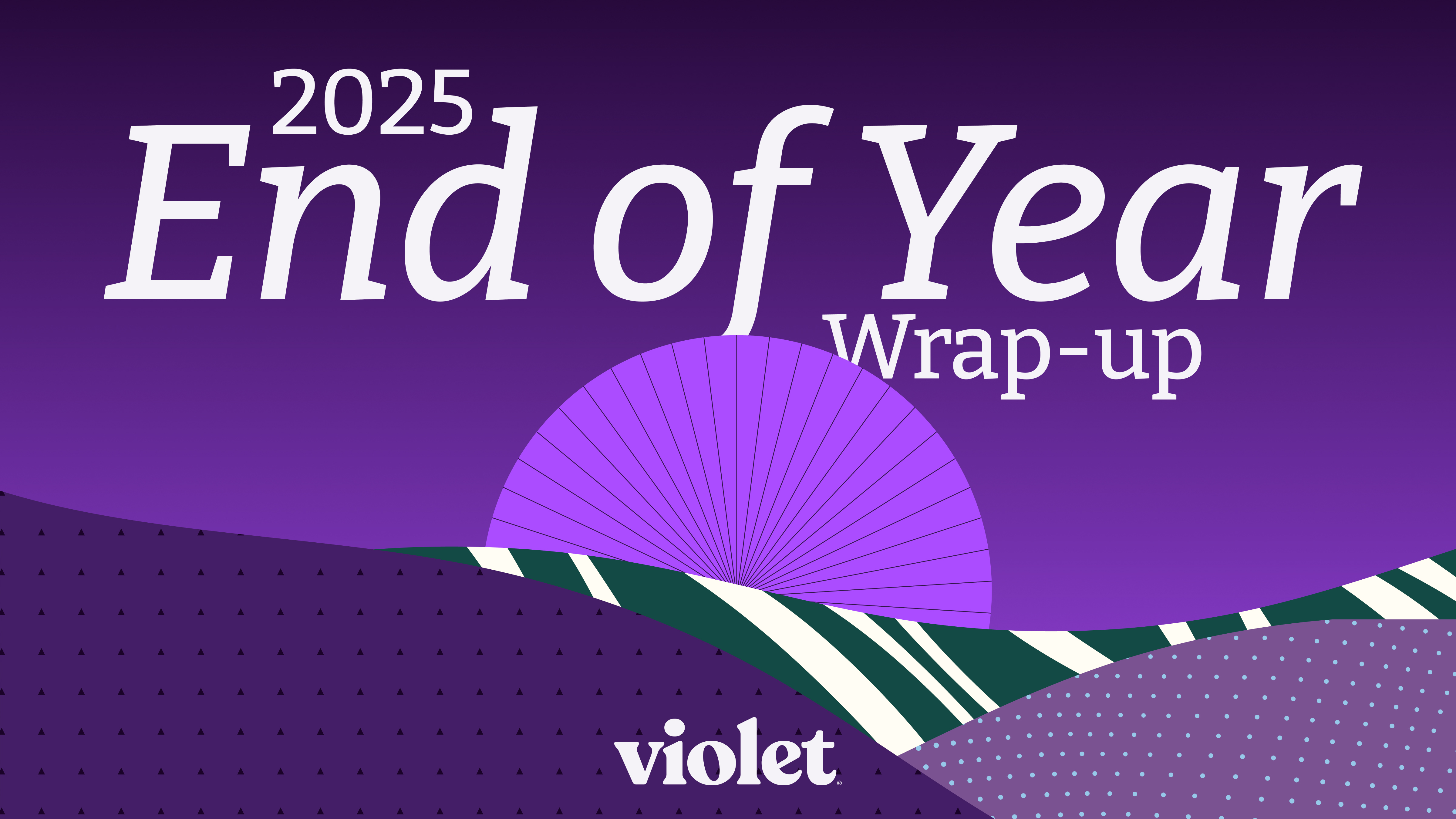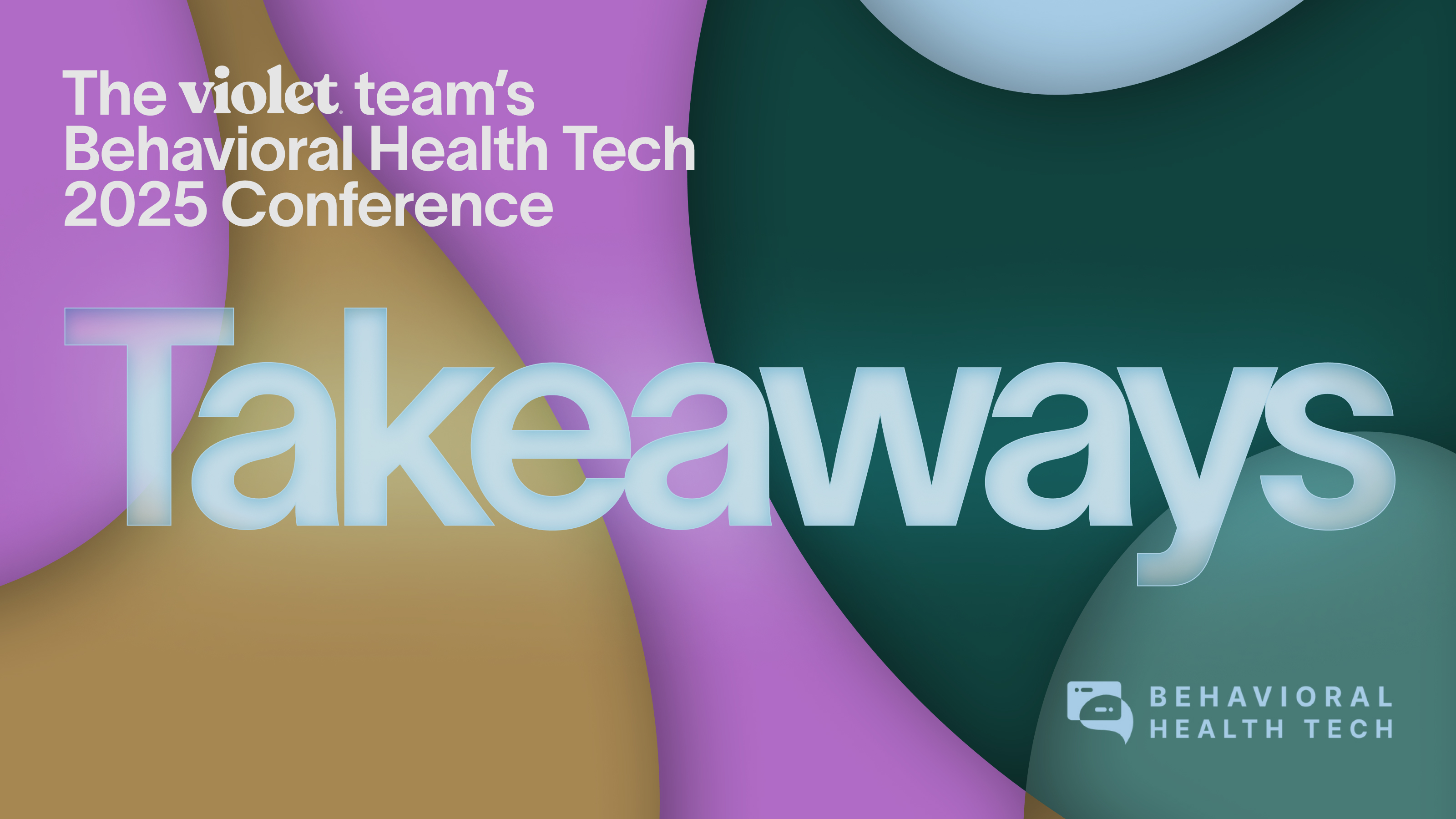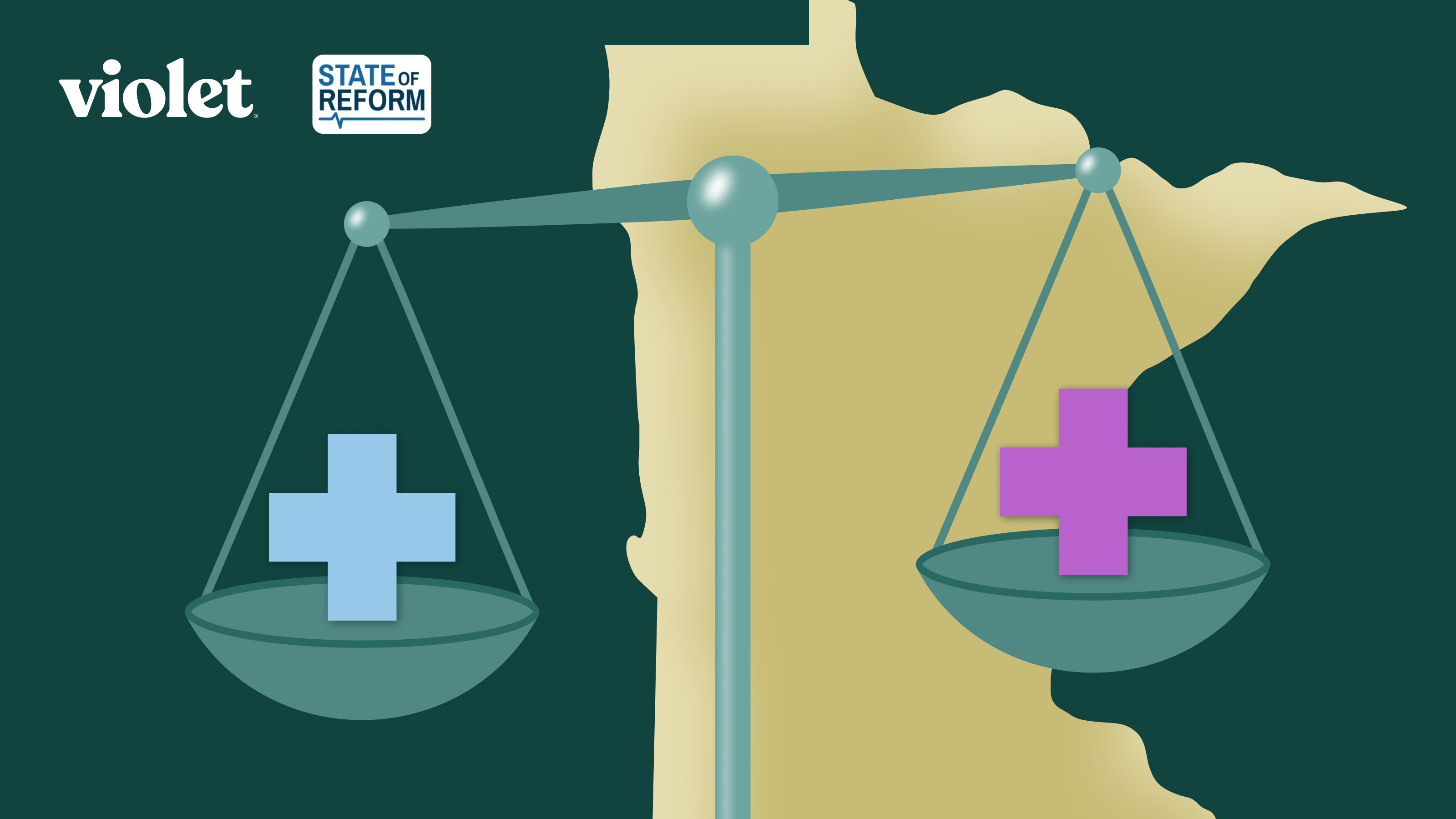I am someone who has experienced personal challenges with my mental health, and I’m not alone: numerous family members have too. Finding mental health care providers who understand our Black identity has always been a struggle because there is little to no information about finding providers who specialize in our shared experience.
National Minority Mental Health Awareness Month is observed each July and brings much-needed attention to the specific mental health challenges of BIPOC communities across the United States. During this National Minority Mental Health Awareness Month, it is vital to reevaluate mental health care for BIPOC communities.
BIPOC groups often suffer from poor mental health outcomes due to a lack of quality mental health care, the cultural stigma surrounding mental health care, discrimination, and low awareness about mental health. In 2019, suicide was the second leading cause of death for Black people ages 15 to 24 as well as those who are Latinx ages 15 to 34.
According to the American Psychiatric Association, "the lack of cultural understanding by health care providers may contribute to underdiagnosis and/or misdiagnosis of mental illness in people from racially/ethnically diverse populations." Factors that contribute to these kinds of misdiagnoses include language barriers, cultural presentation of symptoms, and the stigma of mental illness among BIPOC groups.
During this stressful time of COVID-19, racial injustice, and the recent overturn of Roe v. Wade, BIPOC communities are grossly impacted. It’s now even more important to offer actionable ways to provide comprehensive, accessible, and culturally competent mental health care. Although helpful, it is not enough for providers to offer routine care and general advice. BIPOC communities need tailored and unique approaches to mental health care that are specific to their culture and needs. A good place to start is learning how to offer culturally competent care and solutions. Examples include continuing education for health care providers and offering patients BIPOC mental health awareness, comprehensive and affordable resources for BIPOC communities, and more.
Research shows that telehealth services can also be an effective tool to support communities dealing with higher rates of ADHD, PTSD, depression, and anxiety. Health care services can support BIPOC communities by offering low-cost, accessible telehealth that is intentional and community-centered. I wish my community, family, and I could access this type of care rooted in cultural congruency and honoring BIPOC voices. When providers engage with BIPOC communities, it is imperative that treatments are thoughtful, respectful, and accessible with services that are equitable and affordable.
Health care professionals, administrators, and organizations must lean in and share insights and resources that go beyond the surface level and are specific to the needs of BIPOC communities. Let’s create and bring forth more BIPOC mental health awareness, break mental health stigmas, provide solutions that will prevent medical financial burdens, and repair the relationship between health care professionals and BIPOC communities who have historically faced trauma in medical settings.
I envision a world where all providers are culturally competent and can prioritize BIPOC communities that have been discriminated against. Diverse patients deserve providers who can empathize, effectively provide quality resources, and offer affordable and equitable mental health care.

.svg)
.png)





.png)

